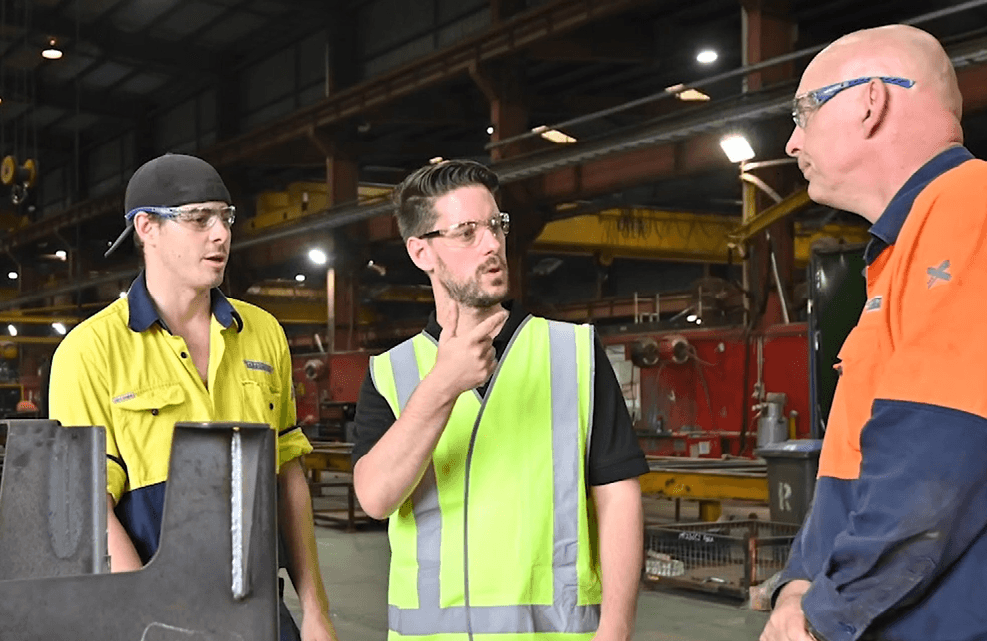Auslan Interpreting: Making Vital Information Accessible

Building Bridges Between the Deaf and Hearing Communities: Duke’s Journey as an Executive Interpreter with Deaf Connect
Interpreters play a vital role in connecting the Deaf and hearing communities. Deaf Connect employs over 300 interpreters, who work across a wide range of social contexts to provide equal access to communication.
Duke Moolenaar has been an interpreter for over 10 years, working on jobs such as professional meetings, the education system, media conferences and more. Now, Duke works as the interpreter for the Executive Team at Deaf Connect, which consists of being on call to interpret conversations between our Executives and those not fluent in sign language. He shared some insights on his experience in the profession:
“Auslan access is necessary for many Deaf community members to navigate their lives successfully. Like all of us, they require access to information in their first language, and that’s where a certified interpreter provides value.”
“An interpreter’s role is to support the interaction between the Deaf community and who they’re interacting with,” Duke explains. “We’re here for both parties, not just the Deaf person. It goes beyond direct interpreting; we promote inclusion and ensure Deaf people have equal access regardless of the situation.”
From appointments with doctors and dentists to legal consultations and education workshops, interpreters are crucial for providing equal opportunities to the Deaf community.

For Duke, the role of an interpreter is personal, as he grew up with Auslan as his first language. “I often found myself in situations where I was the communication support for my family. That experience definitely played a role in my decision to become an interpreter,” he said.
His journey into the profession grew from there.
“When I became qualified, I started as a freelance interpreter. Through my work and further education, I secured the Executive Interpreting job.”
Being an interpreter is also mentally rewarding for a lot of professionals, as no two interpreting jobs are the same.
“You’re dealing with humans, so a lot of the time, the work is unpredictable, and I enjoy that mental challenge,” Duke said. “Seeing the direct contribution of your work then and there, especially when it’s successful, is incredibly motivating.”
Without interpreters, many Deaf Australians face significant barriers in accessing services, information, and opportunities. Duke has seen first-hand the consequences when no interpreter is available.
“I’ve seen the impact when the Deaf community is forced to go without. It provides me with the motivation to be the best interpreter I can be, and to work full-time so I make myself as available as possible.”
Your support through the Deaf Lottery plays a crucial role in ensuring that Deaf Connect can continue to provide interpreters to Deaf Australians. With your help, our community can have equal access to communication, no matter the situation.
